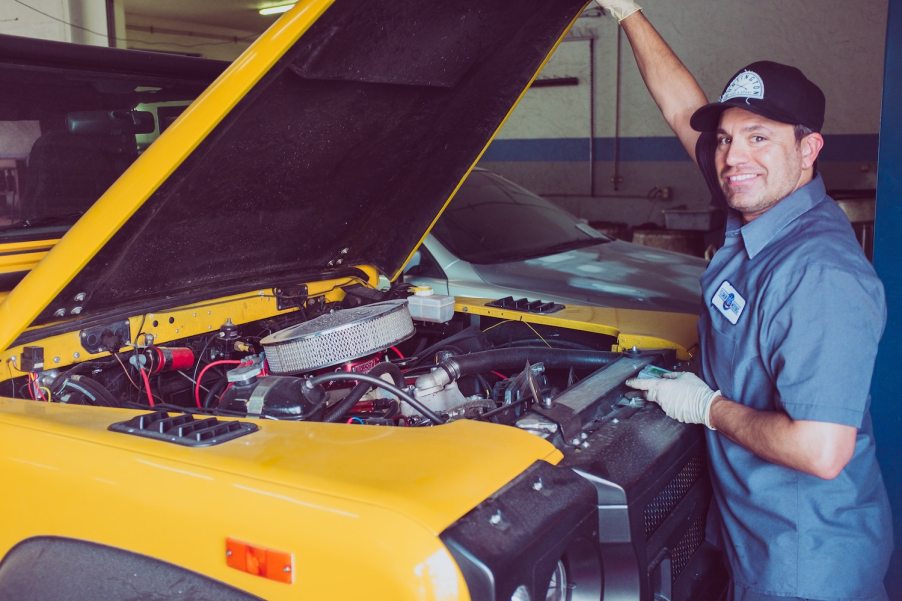
Will Old Cars Eventually Be Banned?
Some countries, such as the members of the E.U., are considering banning all new gas cars by 2035. As the car fleet goes electric, restoring, insuring, and even fueling up our classic trucks and cars may become complex. But it is very unlikely that classic cars will ever be banned outright.
Does the internal combustion engine have a future?
While some countries consider a future ban on new internal combustion passenger vehicles, others don’t have the electric grid to support a full EV fleet. Engineers still struggle with EVs suited for extreme cold or long-haul trucking. The internal combustion engine will play a role in transportation for many years.

According to MotorTrend, the future of internal combustion may be smaller engines running on higher octane gas. We may also see advanced systems to recover wasted heat, gas, or even vibrations. Automakers may even explore unprecedented engine configurations.
In the near future, internal combustion engines will continue to burn gasoline or diesel. Someday, biofuels or synthetic fuels may fully replace petroleum mined from the earth.
What will happen to classic gas cars after 2035?
Some countries with high population density may soon require all new passenger vehicles to be EVs. But global automakers will likely continue offering hybrids and plug-in hybrids in more rural locations. No governments have announced plans to ban classic cars.

Current EV technology can offer effective, pollution-free transportation in and around cities. But today’s EVs do not offer enough range for many lifestyles. Electric technology also is not ready to replace internal combustion for other forms of transportation such as long-haul trucking and air travel.
Toyota, for example, is developing another generation of internal combustion engines, hybrids, and plug-in hybrids. Experts predict automakers will continue seeing returns on new internal combustion research and development for at least a decade. New internal combustion cars will come out every year, even if they will not be available in every market.
The future of classic cars
In the future, classic vehicle owners will need to get creative to restore, insure, and even fuel up their cars and trucks. In addition, some cities may designate low-emissions zones and prohibit gas and diesel vehicles. But it is unlikely classic cars will ever be outlawed completely.

Hagerty spoke with an Environmental Protection Agency (EPA) official about the future of classic cars. The unnamed official insisted that the Agency is not concerned about classic car collectors.
“The public policy focus is on the future fleet.”
Unnamed EPA Official
That said, local lawmakers could limit classic car owners significantly. London and other cities are looking into low-emission zones in business districts. In the U.K., these rules only target delivery vehicles and actually make exceptions for classic cars. But this could change.
State lawmakers and insurance companies can also affect hobbyists. In Nevada, many car collectors avoid smog inspections by opting for classic car plates. But these plates require you to have antique car insurance. And antique car insurance, in turn, enforces a 5,000-mile annual travel limit.
In the future, classic car enthusiasts will need to band together. Protecting our hobby from regulators, ensuring a supply of parts, and even wholesaling synthetic fuels may require a team effort. But if we do work together, there is no reason our hobby can’t continue for generations.



